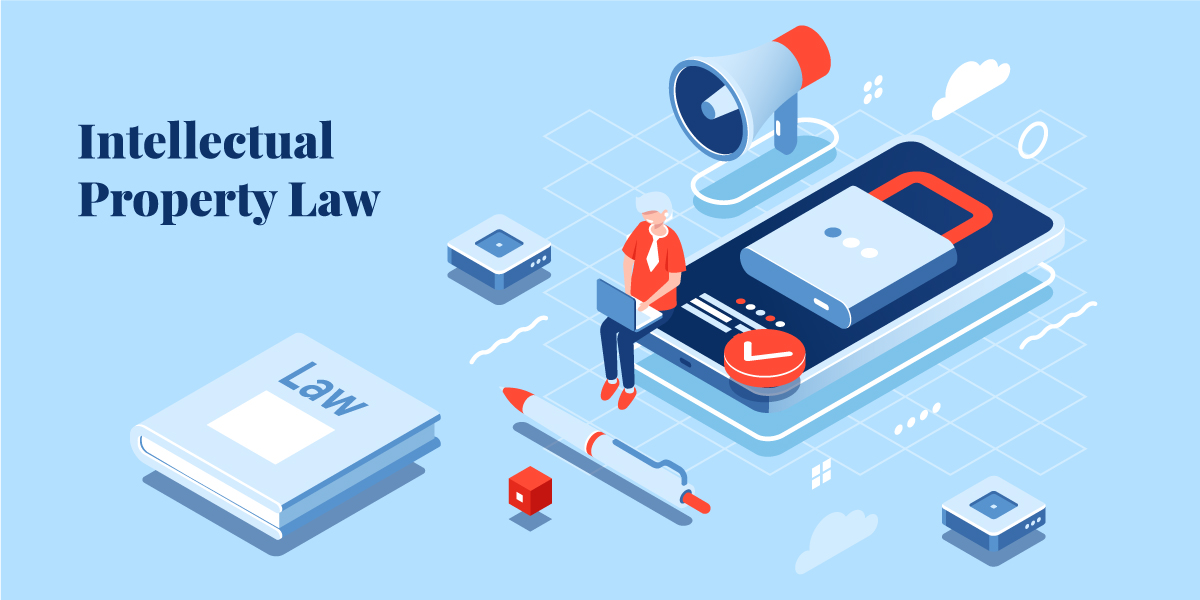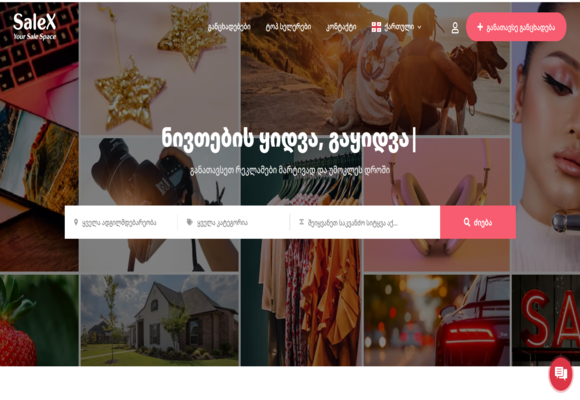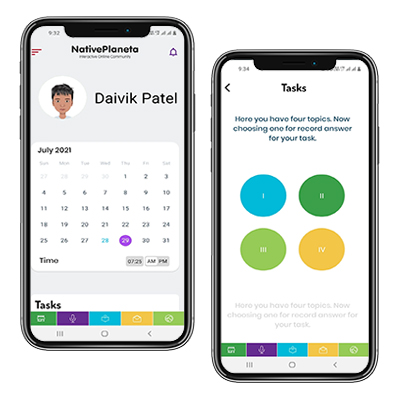
- Alex S.
- 15,May 2019
- Mobile
Like anything, Intellectual Property (IP) law can seem daunting on the first approach. But the savvy startup owner, inventor, or creative entrepreneur will learn quickly that IP law is a friend rather than a foe. This is true for mobile app developers and technology companies, just as it is true for engineers.
Intellectual property law protects your valuable work that has been put into your mobile app. First off, copyright your app code, design and content. App is the unique piece and copyright protects its unique elements from being copied. What to do? Register your app’s name and logo as trademarks to protect those. If your app includes a unique invention or process, you should think of a patent. Trade secrets can protect confidential business information such as algorithms. This ensures that your app has some kind of value and has been secured from unauthorized use. Having IP lawyer help you from the get go will help ensure your app is legally protected from the get go.
Types of Intellectual Property Protection
There are three major protections available for mobile app developers: patents, trademarks, and copyrights. Patents grant their owners with the exclusive right, for up to twenty years, over the invention claimed in an issued patent. An aspect that distinguishes patents from other forms of IP protection is that a set of patent claims must enable a consumer of ordinary skill to reverse-engineer and utilize the invention.
There are three types of patents: utility, design, and plant. Utility patents are both the most common patent as well as the most difficult to obtain. They pertain generally to the functionality of your invention. A trademark can protect a word, name, logo, symbol, device, or any combination thereof. Companies, enterprises, and entrepreneurs use trademarks in branding as a way to let consumers identify their goods or services. Trademarks allow prospective customers to consider the reputation of a seller of goods or a provider of services.
A copyright protects artistic works such as literature, music, films, software, etc. Copyright protection provides the owner of the work with exclusive right to reproduce and distribute copies, prepare derivative works, as well as perform or display the work publicly
Using IP Law to Protect your App
-
Patents
To obtain patent protection over a mobile app, any application or mobile-app adjacent invention must quality under patent eligibility standards. The US Patent and Trademark Office (USPTO) guidelines, codified in §101 of the Patent Act, state that: “Whoever invents or discovers any new and useful process, the machine, manufacture, or composition of matter, or any new and useful improvement thereof, may obtain a patent.” This means that inventions have to meet three main criteria: novelty, non-obviousness, and utility.
Software inventions are patentable, which means mobile apps are too. If you are in possession of a novel app idea, patent protection can significantly improve the protection of your intellectual property. It is important to note that utility patents protect the utility or function of your app, rather than its content (e.g. source code). Since it is typically the function of an app that provides the app’s primary value (as compared to its logo or its aesthetic design), this means patents are in some ways a more critical form of protection than trademarks and copyrights.
There are a several steps in the patent application process, beginning with the essential first step of determining inventorship and ownership. If you worked as part of a development team, you should discuss amongst yourselves where and how to allow credit for different components of the app and come to a written agreement about this. The next step is to begin a patent search and hire a highly qualified USPTO-licensed patent attorney to assist you.
It is also important to know what kind of patent you should be applying for in your particular case. If you are confident about the success of the current version of your app, you may want to move right ahead with a utility patent application. If on the other hand, you are less confident that the current version is one that will resemble your final product, you may want to apply for a provisional patent, which can provide you with partial protection for 12 months, immediately after which you will have a scheduled deadline for a formal utility patent application and the review process for that application will be carried out from there.
-
Trademarks
Trademarks protect words or symbols associated with a particular product or service. For a mobile app, trademarks can protect the name of the app, its logo, and slogan. By trademarking an app’s name and logo, you decrease the likelihood of overly-similar names and logos popping up from apps developed by competitors. This will protect your brand’s distinctness and recognizability.
However, trademarking goes beyond just the name and logo of the app. You may want to trademark the names of the distinctive functions, modes, and features within your app, or you may want to trademark a slogan. Registering trademarks provides you with legal grounds to dispute any attempts by competitors to appropriate any of these valuable intellectual assets. The first step in the process of applying for a trademark will always be a trademark search with the USPTO to ensure that you avoid infringing on any previously established trademarks.
-
Copyrights
Copyrights protect artistic and design elements. If having a protected brand identity earlier on is important to your business plan, it might be a good decision to pursue copyright for your app’s design elements as one of your first steps. You can claim copyright protection for creative content such as artwork or the actual code of an app, but also individual components of your app that represent unique works of creative expression may be able to be copyright.
Copyrights are relatively cheap, and the acquisition process is much faster than patent application processes. Creative work does not need to be registered in order to enjoy protection under copyright law, but registration is required in order to be able to take legal action against an infringement.
Note
If you are planning to have your own mobile application, website, custom web app or have any type of query or concern regarding its concept, technical know-how, the best way to get it done then don’t hesitate to contact us at alex@igexsolutions.com and we will provide you a free of consultation. Skype: alex_39799 Telegram : igexsolutions WhatsApp : +91-635-393-7367
Web Portfolio
Mobile Portfolio
Categories
What good is an idea if it remains an idea? Let's put efforts together to give it a look of Website or Mobile Application.
Let’s Start a discussion









